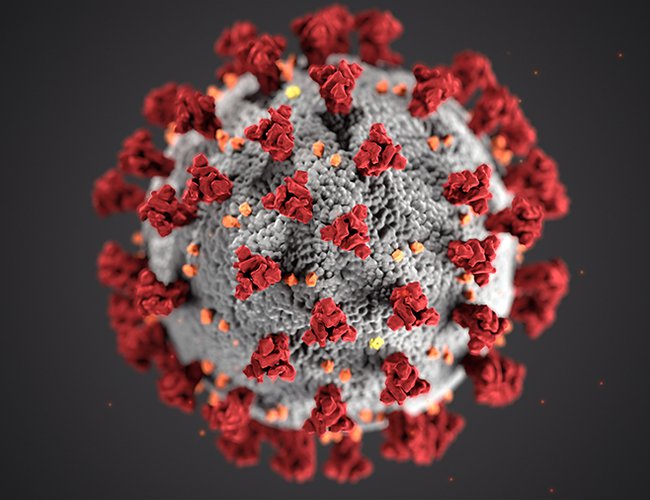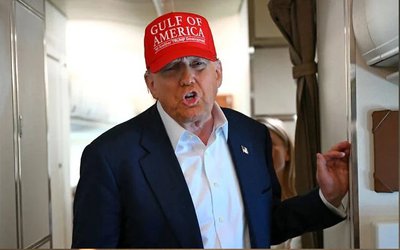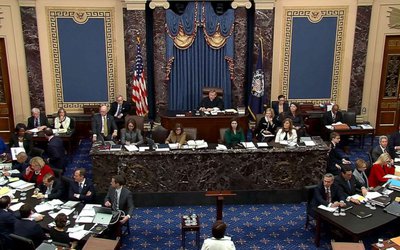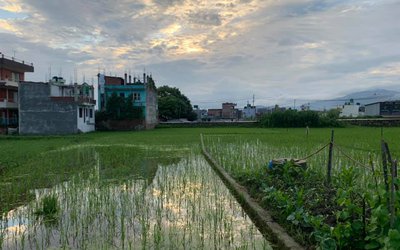
The Covid-19 pandemic is a global social calamity. At the moment many are comparing the pandemic with the situation of a war. Amartya Sen wrote a wise message to the people in power: “Tackling a social calamity is not like fighting a war which works best when a leader can use top-down power to order everyone to do what the leader wants — with no need for consultation. In contrast, what is needed for dealing with a social calamity is participatory governance and alert public discussion” (The Indian Express, April 9, 2020).
For an alert and useful public discussion, access to critical information is vital to ensure public confidence in governmental actions. The government of Nepal seems to be doing the opposite. Editors of Nepal’s mainstream media outlets have jointly condemned (April 2nd 2020) the country’s Prime Ministers KP Oli’s aide for “unauthorized intervention… affecting the freedom of expression and free press.” The allegation is about remotely removing news content from the online news portal <kathmandupress.com>, which had published news about corruption in Covid-19 related medics deal.
The cyber technology may have provided new platforms for ‘citizen journalism’; government's surveillance over citizens has also become a threat to individual right to privacy. There are, of course, certain priorities for protection of copyright and prevention of obscenity, terrorism, hate crime and racism. At the same, libellous - or untrue defamatory written - statements often appear in print media. Slanderous or false defamatory statements are being broadcasted in TV, YouTube and online social media. Perhaps there is no golden rule per se, but is there a middle way between criminalizing the certain aspects of free expression and doing nothing?
Digital media and liberal democracies
Whether the emphasis is on protection, free flow of information and expression or on the reasonable restrictions to free expression varies from country to country. Some see safety of freedom through the judiciary and others see in parliamentary legislation. Still some others believe in ignoring all hurtful defamation, considering that democratic societies will correct it. The dilemma is, therefore, between adopting the top priority-based national legislation, criminalizing certain aspects of the free expression, or keeping absolute freedom within an independent judiciary. There are still others who believe that democracies are doomed to failure if they look to the judiciary for its safety, because judges' behaviour is a part of the body politic.
The freedom of expression, for example, is given high priority in the US law. And, yet there was a ban on publication of photographs of military coffins and dead soldiers in Iraq and Afghanistan wars. Contrary to some other democratic countries, the hate speech is not regulated in US law. The US President Trump exercises the right of free speech, calling Mexicans ‘rapists’, which is a hurtful expression towards Mexican nation as a whole. This kind of free speech by the head of state ignores the basic civility. The US civil liberty groups condemn the US National Security Agency’s mass surveillance. The world’s liberal democracies and dictatorial regimes are alike, following the US type of mass surveillance.
The banning of hate speech may be reasonable. Occasionally, however, the ban also leads to unintended consequence, i.e. individual self-regulation or self-censorship, which goes against the idea of liberal democracy itself. For example, the UK Internet regulation 2019, which imposed a duty censorship on social media companies including discussion forums sites with comment sections, is considered necessary. Any failure to comply with the policy requirements is subject to liable. The UK Internet regulation is also being criticized as ‘North Korean-style censorship’.
Hate speech is largely unregulated in Finland, but it is punishable under Swedish and Norwegian laws. Norway’s Supreme Court sentenced N-word offenders on charge of defamatory speech in 2018. Neither the Swedish parliament nor any court of law of the country has taken any action against ’Sverigedemokraterna’ – a racial extremist political party - is intentionally misusing the word ‘immigrant’ as synonym to ‘offender’, ‘criminal’, ‘villain’, ‘gangster and ‘bandit’.
Being regulated on the basis of reasonable restrictions, free expression is not absolute in India. Cases related to the freedom of expression are examined on a case-by-case basis in the courts of law. Shutdown of Internet services in Kashmir and other areas for mounts is a serious problem in India today. The alarming situation is that dissent is being treated as anti-national.
The one - and perhaps only - accomplishment of Nepal’s democratic transformation in recent decades is the freedom of expression. Anyone can speak anything on YouTube and write whatever one wants on social media against anyone in Nepal today. However, Nepal’s government is adopting various kinds of legislation to control journalists and media outlets. For instance, the government appoints the members of the Press Council contrary to the principle of autonomy of the Council. Nepali dilemma appears whether to be a liberal democracy or not.
TV-journalism
The shouting TV- journalism is increasing in Nepal and other South Asian countries, where TV-anchor asks questions to guests without listening to the answers. The anchor jumps to another question without any cross-question. Guests on TV-shows start interrupting each other; no one is listening to anyone.
‘Staged TV-journalism’, with ‘scripted’ questions is yet another phenomenon. More often than not journalists ask scripted questions to their guests who give rehearsed answers without any cross-questions. As is the case of ‘fake news’, the ‘paid news’ practices are on the rise. Some journalists have misconceptions about adversarial journalism behaving as a judge, jury or executioner.
The burden of proof
Legally speaking, the freedom of expression could and should be ensured with the burden of proof being placed on the part of the plaintiff, i.e. individual or the government, but not on the defendant, i.e. the one who is exercising the freedom. This means that when someone claims to be insulted or hurt by someone else’s free expression and/or writing, the burden of proof plays a vital role to ensure that freedom of expression can be practiced under the rule of law.
A civil remedy or compensation should be ensured in case of defamatory, libel and slanderous use of media outlets.For that to happen, the functioning rule of law, adversarial journalism and genuinely independent judiciary are basic requirements. Free citizens are also expected to balance between right and wrong through civic education.
In conclusion, governments are expected to be transparent and truthful, ensuring citizen’s right to access to official records and information. When governments fail to live up to the expectation, it is the task of the fourth state - consisting of independent journalists - to monitor centers of powers, challenge lies of governments, hold the people in power accountable, and above all ‘speak the – relative- truth to the power’.
KatakMalla, writer from Stockholm
LLD in international law, Stockholm University

Katak Malla
LLD, Stockholm University
- Where Is Money For The Climate Loss And Damagefund?
- Dec 30, 2022
- Voices For Peace In Time Of The Danger Of Nuclear War
- Dec 07, 2022
- Sweden’s Neutrality Is Gone, Nepal’s non-Alignment Must Stay
- Jun 18, 2022
- Nepal’s Foreign Policy In Times Of Change And Uncertainty
- Jul 08, 2020
- Political Leaders Need Pubic Trust, Dealing With Covid-19
- Mar 26, 2020












